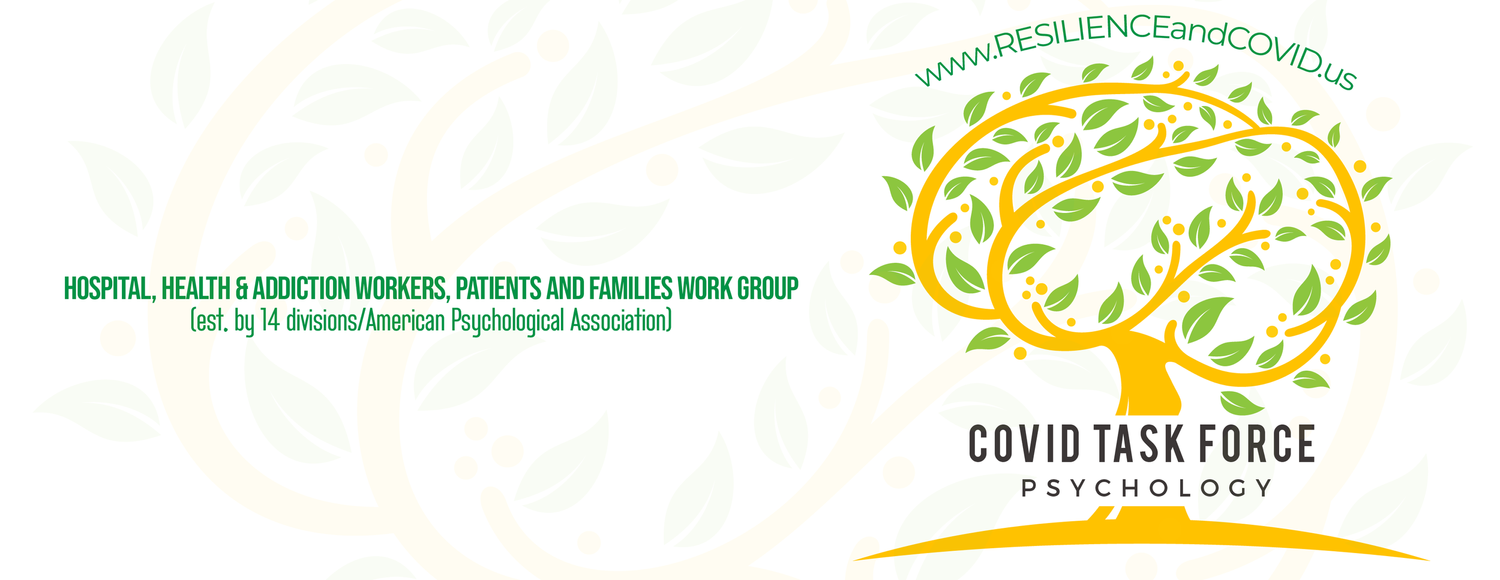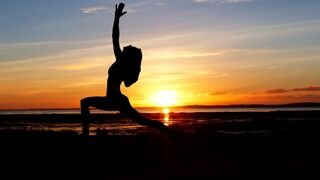COVID-19 Overwhelm: Yoga as Self-Care for Abuse Survivors
Stress reduction through body work.
For over a year, the COVID-19 pandemic has put an incredible strain on all our lives. But for survivors, the stress of the pandemic has pushed us to a state of overwhelm.
One of the supportive practices I discovered in my healing journey is yoga. And even with the COVID-19 pandemic, I have been able to engage in this healing and resilience practice in a way that helps me feel safe and supported.
Source: Rene Rauschenberger, Pixabay
Source: Gary Skirrow, Pixabay
My Yoga Practice
My yoga practice has been a pivotal part of my healing journey from childhood sexual abuse and has sustained me during the COVID-19 pandemic.
It is common for abuse survivors to disassociate from their bodies during their abuse. Leaving your body, disconnecting from it, is a safe way to get through what is happening. Your body becomes a separate thing to keep you protected.
I hated my body for much of my life. I felt it had betrayed me with the abuse. I treated it as a machine that I could run ragged, push to the limit, and never give any care or concern about when I needed to get done what I needed to get done.
When I first started my yoga practice, I searched for a yoga studio I felt safe in. I was fortunate to work with a wonderful yoga teacher whose sister had been abused, so he was very sensitive and understanding about my situation. We had a conversation about how I felt unsafe in certain poses and that I did not want him to do physical adjustments on me. I was worried that I would stand out in the class because of my discomfort and need to be treated in a different way I was worried I would stand out in the class if I wasn’t comfortable doing certain poses or didn’t want adjustments. We agreed to have me do alternative poses and to avoid physical adjustments until I was comfortable with them. Slowly I gained comfort with the various poses and gained trust in him as a teacher so I could accept adjustments.
Yoga helped me understand how to be in my body, to inhabit and be present in it. It helped me to understand where my body was in space, how to relate to my body and how to care for it. And how to actually start to learn to love my body, which I had never done before. And this practice has been invaluable in helping me cope with pandemic stressors.
Yoga allows me to be in a different place where I am the one deciding what is going to happen with my body, and how I am going to treat my body.
Source: Gary Skirrow, Pixabay
Discovering Your Self-Care Yoga
We’ve come so far. There is so much more understanding about the impact of abuse and PTSD, and how to build yoga practices specifically for survivors. There are people who understand and teach trauma-sensitive yoga. It’s a wonderful resource.
The first thing to explore is what type of yoga is right for you. There are a number of different kinds of yoga styles that fit different body types and levels of activity. Yoga Journal has a description of the different types of yoga that are available.
Once you have an idea of the type of yoga you want to try, you can search for a yoga studio in your area. Yoga Journal has an online directory you can use to find yoga studios, and classes, events, and retreats by name or zip code.
There are also numerous yoga teachers who provide online classes through their websites and on YouTube. You can search for yoga classes that you can do in the comfort of your own home!
To help you with your yoga practice, consider purchasing yoga props that you can use at home or take with you to a studio. In addition to a yoga mat, helpful yoga props include: foam or wood blocks, a yoga belt or straps, yoga blankets, and bolsters. All of these props are useful in making your yoga practice easier and more accessible.
You can build your resilience for managing COVID-19 overwhelm through yoga. What type of yoga you practice is not important. Gifting yourself with self-care by getting on the mat on a regular basis is the key.
Note: Before beginning any new physical activity, please consult with your physician
Read article on Psychology Today: https://www.psychologytoday.com/us/blog/psychological-trauma-coping-and-resilience/202104/covid-19-overwhelm-yoga-self-care-abuse
References
Kysar-Moon, A., Vasquez, M., & Luppen, T. (2021) Trauma-Sensitive Yoga Interventions and Posttraumatic Stress and Depression Outcomes Among Women: A Systematic Review and Analysis of Randomized Control Trials. International Journal of Yoga Therapy. https://doi.org/10.17761/2021-d-20-00005
Ong, I. (2020, May 18) Treating Complex Trauma Survivors: A Trauma-Sensitive Yoga (TSY)-Informed Psychotherapeutic Approach. Journal of Creativity in Mental Health. https://doi.org/10.1080/15401383.2020.1761498
Ransing, R., Pinto da Costa, M., Adiukwu, F., Grandinetti, P., Teixeira, A., Kilic, O., Soler-Vidal, J., & Ramalho, R. (2020) Yoga for COVID-19 and natural disaster related mental health issues: Challenges and perspectives. Asian Journal of Psychiatry (53),102386. https://doi.org/10.1016/j.ajp.2020.102386
Taylor, J., McLean, L., Korner, A., Stratton, E. & Glozier, N. (2020, May 26) Mindfulness and yoga for psychological trauma: systematic review and meta-analysis. Journal of Trauma & Dissociation 21(5). https://doi.org/10.1080/15299732.2020.1760167


